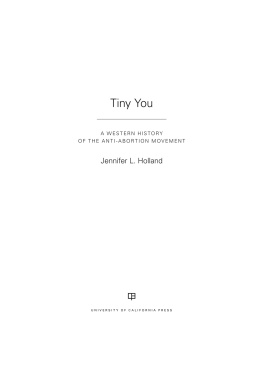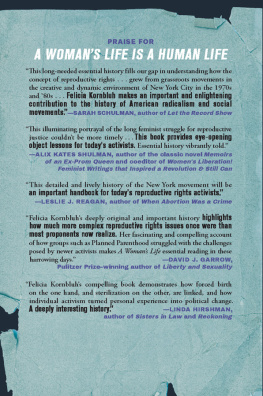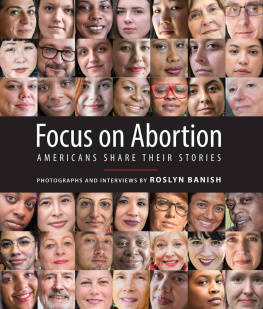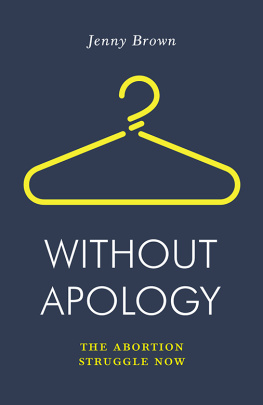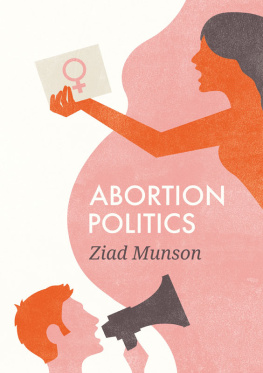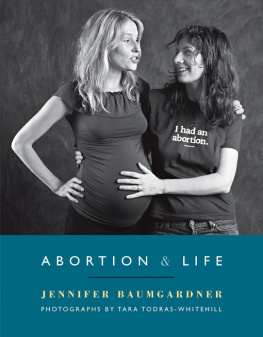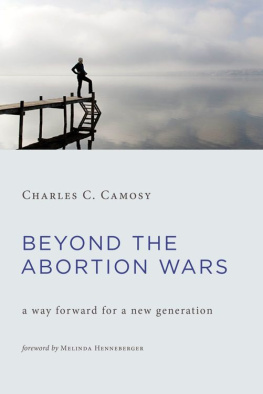ACKNOWLEDGMENTS
I have accumulated over ten years worth of debts while writing this book. I cannot repay those debts but I must acknowledge at least some of the incredible people who made this book possible. This book would not have been written or finished without the financial support of a variety of institutions. The University of Wisconsin History Department, the Charles Redd Center for Western Studies, the Arthur and Elizabeth Schlesinger Library on the History of Women in America at Radcliffe, the Center for Research on Gender and Women at the University of Wisconsin, the American Association of University Women (AAUW), and Office of Vice Presidential Research at the University of Oklahoma have all contributed to this project.
This book depended on the labor and insights of archivists and librarians across the country. I want to thank the staff of the Center for Southwest Research at the University of New Mexico, University of New Mexico School of Law Library, the Denver Public Library, Arizona State Universitys archives, the State of Arizona Research Library, the J. Willard Marriott Library at the University of Utah, the John Hay Library at Brown University, the L. Tom Perry Special Collections at Brigham Young University, the New Mexico State Records Center, Merill-Cazier Library Special Collections and Archives at Utah State University, New Mexico State University Special Collections and Archives, the Schlesinger Library, and the Wisconsin Historical Society. I am also grateful to Laurie Scrivener for all her help.
I finished this book while at the University of Oklahoma (OU). My colleagues and students helped me reach the finish line. In the last few years, nothing propelled me more than their confidence in me and this book. Committee G offered me tireless support, while the counsel of Miriam Gross, Judith Lewis Phillips, and Elyssa Faison shaped the text in important ways. Katy Schumaker and Ronnie Grinberg were great friends and a great writing group, offering suggestions on large parts of this manuscript. In the History Research Workshop, OU graduate students and colleagues gave generous comments on a particularly difficult chapter. Rachel Shelden, Andy Shelden, Marc Levine, Rhona Siedelman, Tina Warinner, Anne Gibson, Jess Pearson, Elyse Singer, Anne Hyde, Kathy Brosnan, David Wrobel, Jamie Hart, and Warren Metcalf have all sustained me in their own ways. Andy Shelden edited much of this book when it (and I) needed it most. Thanks as well to Toryn Sperry for her research assistance and Chelsea Burroughs for her work on the index.
Niels Hooper at the University of California Press has nurtured this project over the last couple of years. I am honored to have him as my editor. Thanks also to Robin Manley at the Press. Rickie Solinger and two anonymous reviewers provided careful and thorough comments on different versions of this manuscript. Karissa Haugeberg was my reader superhero. All their expert comments have improved this book immeasurably.
This book began in Logan, Utah in conversations about gender and history with Mike Lansing. He has stuck with meand this projectsince then. He is a gifted mentor and a model of how to be in this profession. This book came into being in Madison, Wisconsin, among an amazing cohort of advisors, mentors, and colleagues. Haley Pollack and Ari Eisenberg made much of this book better with their comments and possible through their friendship. I do not know how I would have gotten through graduate school without them. Libby Tronnes, Crystal Moten, Megan Raby, Doug Kiel, Meridith Beck Sayre, Andrew Case, and Charles Hughes were the best dissertation writing group a person could ask for. A wider UW community carried me forward through graduate school. A special thanks to Simon Balto, Meggan Billotte, Scott Burkhardt, Trudy Fredericks, Mark Goldberg, Brenna Greer, Marian Halls, Michel Hogue, Jennifer Hull, the late Doria Johnson, Faron Levesque, Jessie Manfrin, Jillian Jacklin, Stacey Smith, Tyina Steptoe, Maia Surdam, Naomi Williams, Keith Woodhouse, and Tom Yoshikami, in addition to those named above. In Ann Arbor, Logan, Madison, Buffalo, and beyond, a host of other mentors gave me their time and intellectual energy: the late Jeanne Boydston, Cindy Cheng, Philip Deloria, Finn Enke, Nan Enstad, the late Camille Gurin-Gonzales, David Herzberg, Judy Houck, Will Jones, David Rich Lewis, Maria Montoya, Jennifer Ratner-Rosenhagen, Jennifer Ritterhouse, and Ona Siporin. I am especially grateful to Michelle Nickerson, who offered essential support at critical moments. Susan Cahn saved the day more than once, while being a truly wonderful friend. Thank you.
This book would not have the merits it does without the guidance of Susan Lee Johnson. She took a chance on me and gently schooled me in the histories of place and race, straightforward prose, and professionalism. Generous with her time and emotional support, Susan always made me a priority, not just my work. Her intellectual rigor, political commitments, attention to detail, and overall good-heartedness have made my work infinitely better and me a better scholar.
Other teachers allowed me to finish this book. The staff at the JCC Early Childhood Center in Buffalo and Trinity Child Development Center in Oklahoma City have given me the time and peace of mind necessary to complete this book. Knowing my child was in good, caring hands made all the difference. A special thank you to Emily Malucci, Lourdes Pea, Irene Ngoma-Koutouma, Lisa Ottolia, Sarah Wickersham, and Robin Boyer.
Most importantly, I want to acknowledge my family. All of them have had boundless enthusiasm for this project and patience with my slow pace. Rosie has been my anchor in good and hard times. Ellen Malka, Bernard Malka, Jaclyn Connell, and Michael Connell gave me a home away from home in Atlanta. My sister, Diane Mateus, grounded me in turbulent times and offered unmitigated support in all other times. My mom, Amy Holland, constantly reminded me to keep body and mind together, and offered the comforts of home when both needed a break. Without my dad, Geoffrey Holland, this project would never have existed. His love of inquiry, debate, and history formed my youth and made it hard to envision doing anything else but this. Finally, I must thank my grandparentsNancy, Paul, Louise, and Norvaland my great, great uncle Russell. Without them, this would not have been possible.

